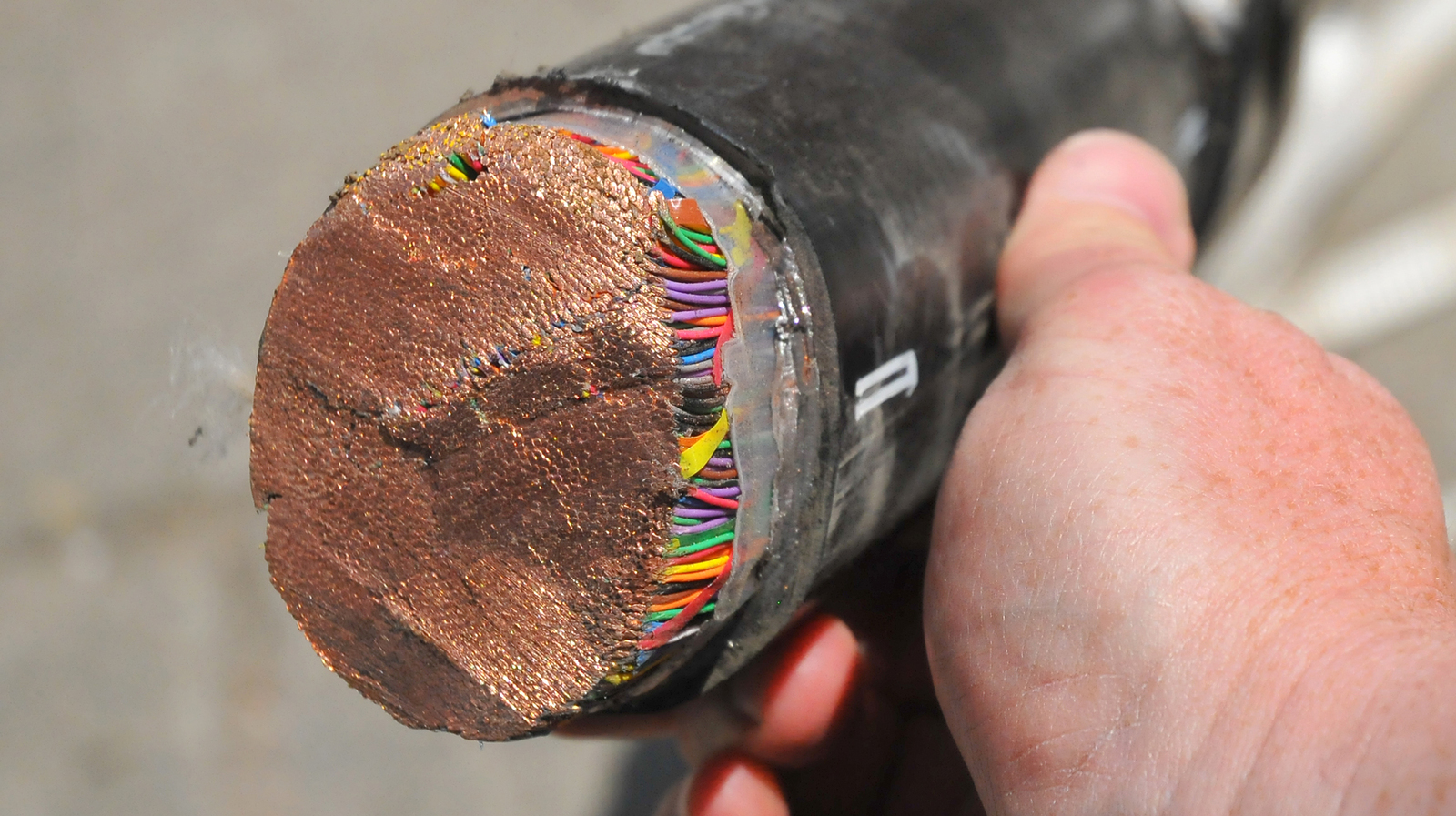Rostelecom invests in upgrading copper telephone lines

The state-owned company Rostelecom has announced a tender for the purchase of multi-service access nodes to upgrade local telephone networks, Vedomosti reports . According to the monopolist's plan, this will reduce the outflow of subscribers and improve the quality of service.
Rostelecom says that the new equipment will allow providing access to the Internet using VDSL2 technology , which is a successor to the xDSL standard. This technology in modern realities is effective only at a distance of the “last kilometer” and, theoretically, should be connected to high-speed fiber optic networks. The goal of modernization: to increase the number of broadband Internet access subscribers without a global modernization of communication lines.
At a distance of up to 1 km (network length), VDSL2 can provide a channel with a speed of up to 50 Mbit / s for each subscriber using a copper communication line. Theoretically, if the length of the copper line is less than 500 meters to the modulation point, the subscriber will receive a speed of 100 Mbps.
VDSL2 technology is actively used to upgrade existing communication lines. Unlike VDSL1, the signal attenuation intensity is lower, and at a distance of more than 1.6 km, the network parameters are lowered to the level of the ADSL2 + technology .
In 2010-2011, Rostelecom has already attempted to modernize copper communication lines for this technology. In 2012, the program was curtailed and modernization continued through the construction of GPON networks in major cities using technologyFTTB - broaching fiber optic cables on the "last kilometer" to the subscriber using the IGMP protocol .
Stretch optics in every house "Rostelecom" does not have time. In 2016, the company observed an outflow of subscribers of copper telephone lines in the amount of 8%. In total, their number was reduced to 21 million.
The introduction of VDSL2 will allow modernizing the network to meet the needs of a significant part of potential subscribers without interfering with the “last kilometer”. The technology is capable of supporting data, video, voice calls and even HDTV.
Of course, building GPON-networks is a more promising direction in terms of quality of service and access speed. But between the state and Rostelecom in 2013, a contract was signed in the amount of 168 billion rubles to eliminate the digital divide. According to the text of the document, for 10 years Rostelecom is obliged to provide in every settlement of the Russian Federation with a population of 250-500 people and a payphone, wired Internet access at a speed of at least 10 Mbit / s.
